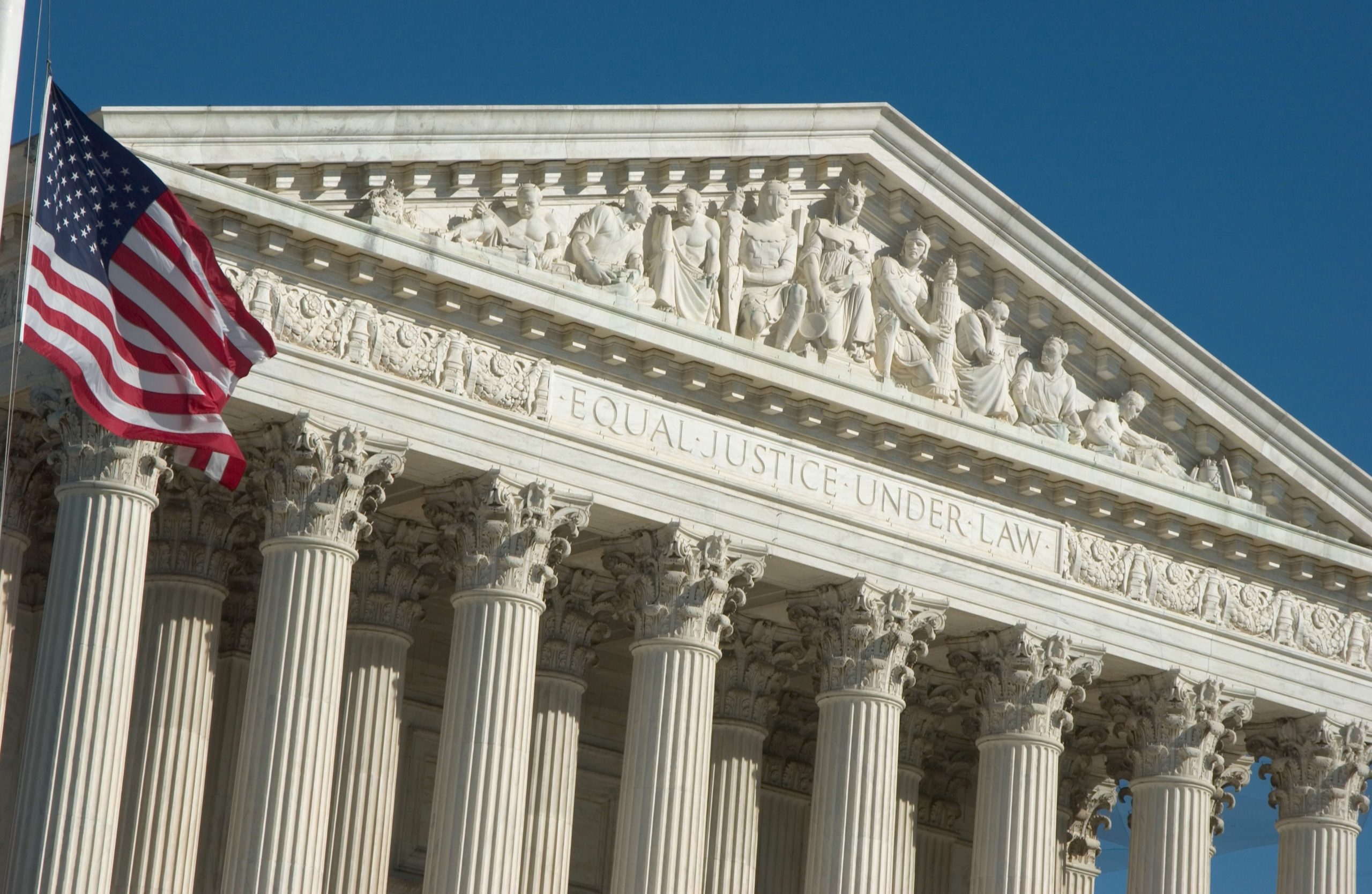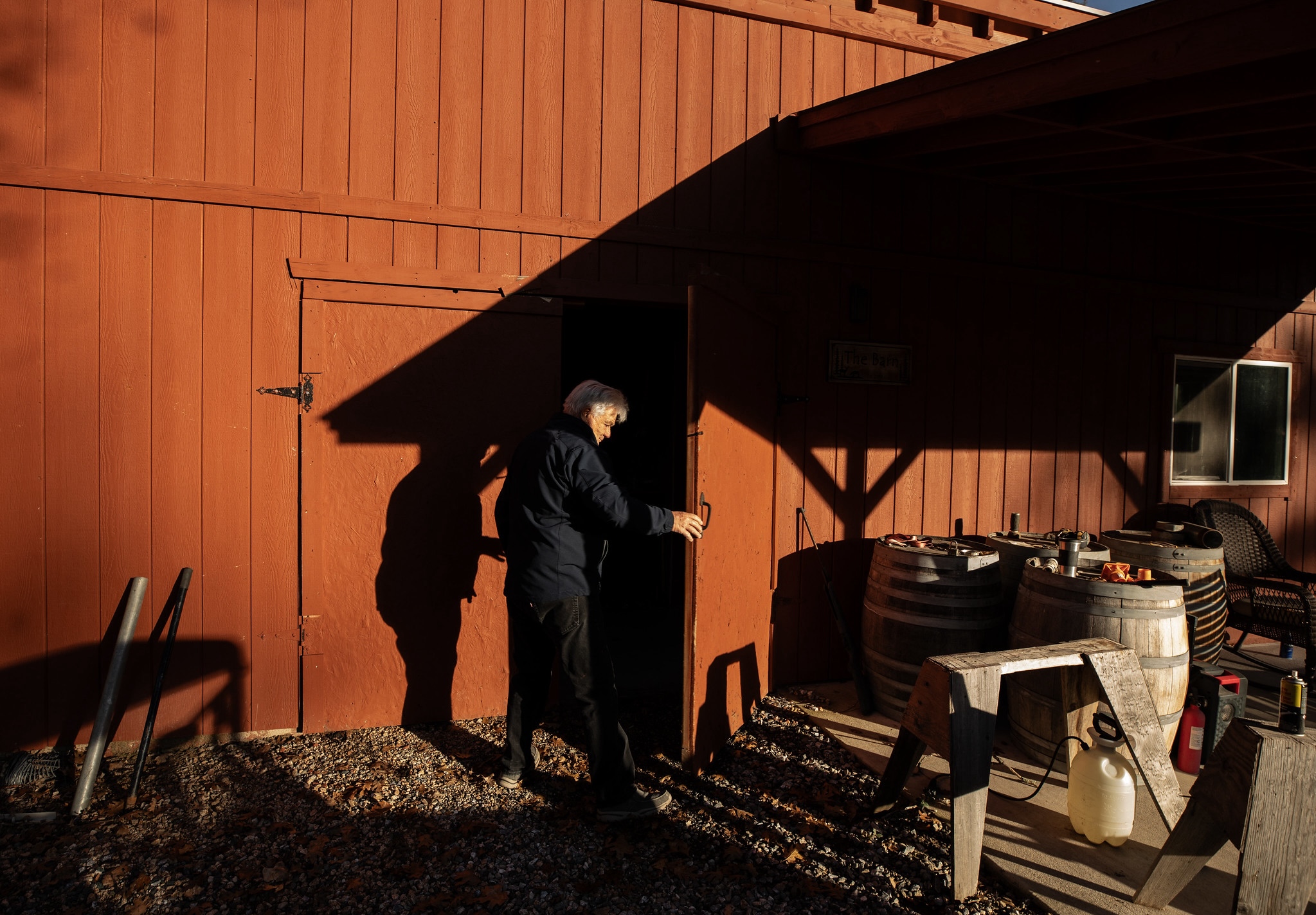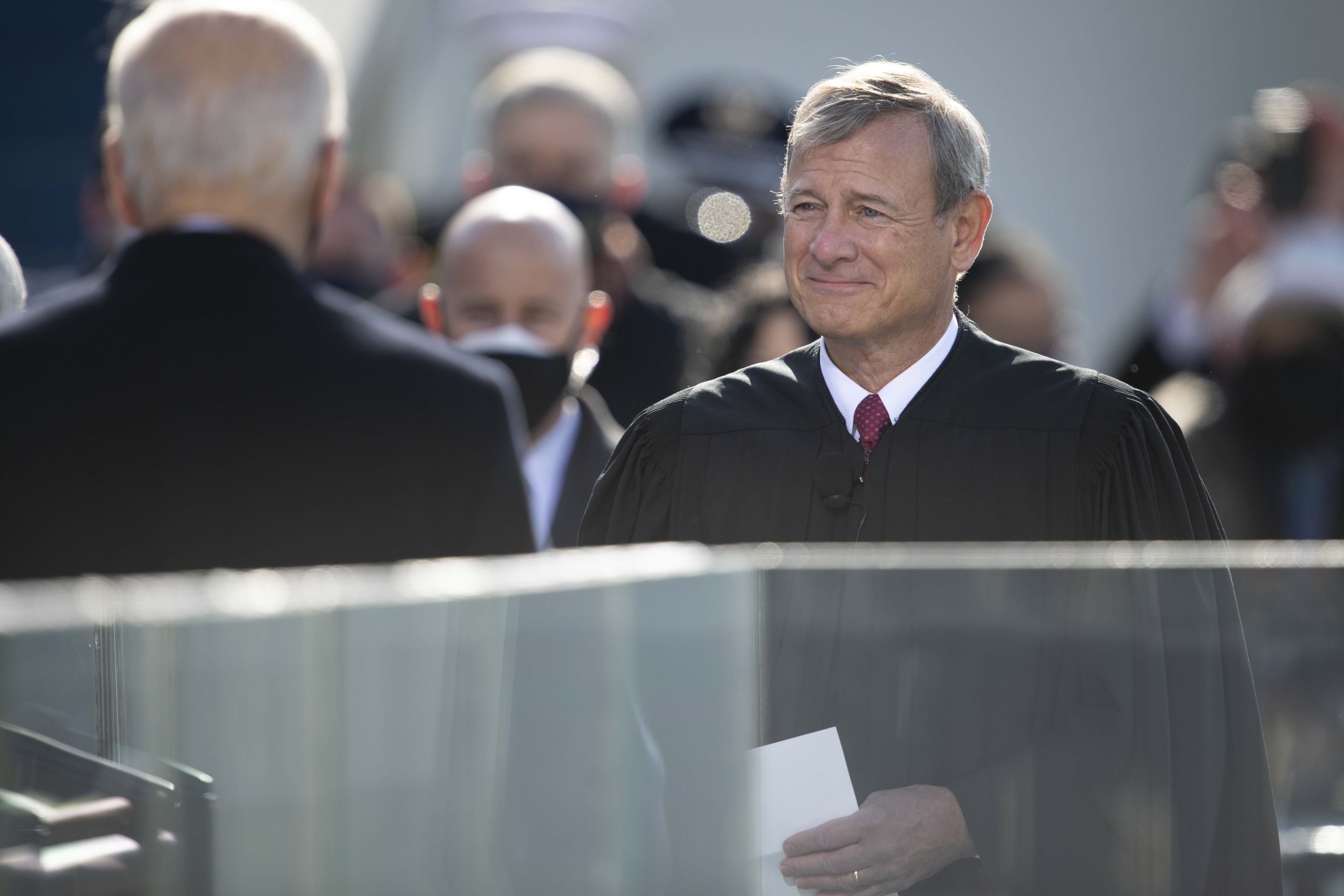Arizona
EMERGENCY DOCKET
A divided Supreme Court on Thursday afternoon granted a request from the Republican National Committee and the Republican leaders of Arizona’s legislature to reinstate a state law that requires residents to provide proof of citizenship to register to vote using a form provided by the state. The court turned down a request, however, to reinstate the portion of the same law that would bar voters who register using a standard federal form from voting for president or by mail unless they provide proof of citizenship.
The vote was 5-4. Clar That federal form requires would-be voters to swear, under penalty of perjury, that they are U.S. citizens, but they are not required to provide proof of citizenship.
The Arizona law at the center of the dispute is known as H.B. 2492. In If The 01 2492. The In a final order entered in May of this year, the district court prohibited the state from enforcing any of the provisions.
The Republican National Committee and Republican leaders of the state senate and house joined the case to defend the law. The But the court of appeals left in place the part of the order holding that the NVRA supersedes the federal-form provisions.
On Aug. 1, a different three-judge panel reinstated the district court’s order, prompting the RNC and legislative leaders to come to the Supreme Court on Aug. 8, asking the justices to put the district court’s order on hold “to the extent it requires Arizona to (1) accept state-form voter registration applications lacking documentary proof of citizenship and (2) allow voters who have not provided documentary proof of citizenship to cast ballots for president or by mail.”
Pointing to what it characterized as the 9th Circuit’s “disruptive displacement of election rules enacted by the Arizona Legislature in 2022,” the RNC contended that the Purcell principle – the idea that courts should not change election rules during the period of time just prior to an election – warranted the Supreme Court’s intervention.
The RNC also criticized the district court’s order as an “unqualified abrogation of the Arizona legislature’s sovereign authority to determine the qualifications of voters and structure participation in its elections.”
First, it contended, by pointing to the 2018 consent decree as a reason to prohibit the state from enforcing the proof-of-citizenship requirement for its own voter registration forms, the court of appeals “ignored the established rule that a consent decree generally yields to a change in the law, including a change in statutory law.” The 9th Circuit’s reasoning, the RNC suggested, “presents significant separation-of-powers concerns” because it “would mean that a judgment entered unilaterally by an executive branch officer indefinitely displaced the Legislature’s power.”
Second, the RNC continued, requiring proof of citizenship for voters who want to register using the federal form and then vote by mail provision protects against fraud. The The “That authority does not permit Congress to displace state rules for registering to vote in presidential elections.”
Represented by U.S. Solicitor General Elizabeth Prelogar, the Biden administration had urged the justices to turn down the RNC’s request “to the extent it seeks a stay of the portion of the injunction based on the United States’ NVRA claim.” The RNC’s “cursory discussion of the relevant issues provides no sound basis for a stay,” Prelogar insisted, particularly when it is seeking relief based on the premise that a federal law is unconstitutional.
More specifically, Prelogar continued, the Supreme Court in 2013 ruled – in a case involving Arizona – that states violate the NVRA if they reject a federal form based on the voter’s failure to provide proof of citizenship. She The NVRA therefore supersedes “Arizona’s requirement that voters who register with the federal form submit documentary proof in order to vote for President or vote by mail.”
Arizona, represented by Attorney General Kris Mayes, opposed the RNC’s request. May






